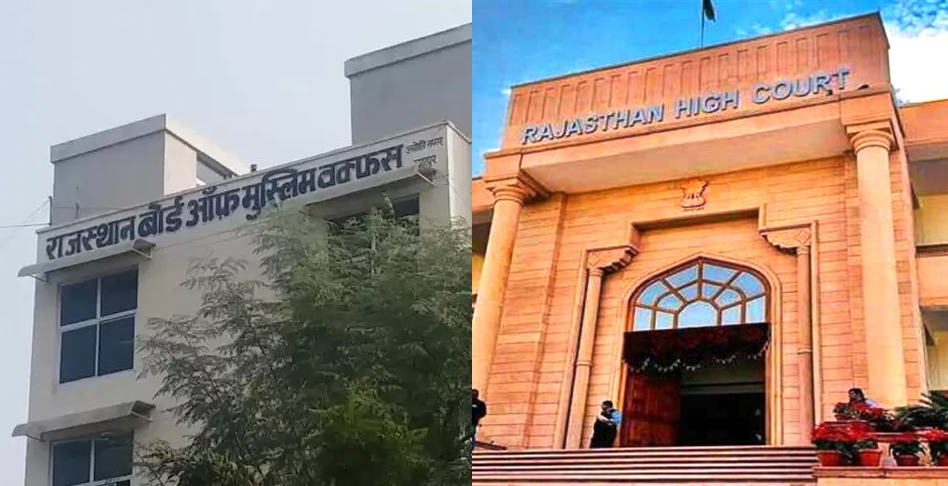The Rajasthan government has petitioned the Supreme Court to be included as a party in the ongoing legal challenge against the Waqf Act, 2025. The move comes ahead of a scheduled hearing on April 16, where several petitions, including one filed by Hyderabad MP Asaduddin Owaisi, are set to be examined.
The Waqf Act, 2025, has sparked significant controversy, with critics arguing that it infringes upon the constitutional rights of the Muslim community. The legislation introduces changes that, according to opponents, undermine the autonomy of Waqf institutions and facilitate increased state control over religious endowments.
One of the primary concerns raised by petitioners is the transfer of administrative powers from Waqf Boards to district collectors. This shift is perceived as a violation of Article 26 of the Constitution, which guarantees religious denominations the right to manage their own affairs. Additionally, the Act’s provisions are said to contravene Articles 14, 15, and 25, which protect equality before the law, prohibit discrimination, and ensure freedom of religion, respectively.
Asaduddin Owaisi, leader of the All India Majlis-e-Ittehadul Muslimeen , has been a vocal critic of the amendment. He contends that the Act is discriminatory and arbitrary, alleging that it represents a grave attack on the Constitution’s basic structure. Owaisi has particularly highlighted the denial of legal recognition for Waqf-Alal-Aulaad and Waqf-by-User, practices he describes as essential religious customs for Muslims.
The inclusion of non-Muslims in Waqf Boards, as proposed by the amendment, has also drawn criticism. Owaisi questions the rationale behind this inclusion, pointing out that Hindu and Sikh religious boards do not have members from other faiths. He argues that this move violates Article 26 of the Constitution, which ensures the freedom to manage religious affairs.




 Extremist Group Exploits Border Tensions Amid Legislative Unrest
Extremist Group Exploits Border Tensions Amid Legislative Unrest 